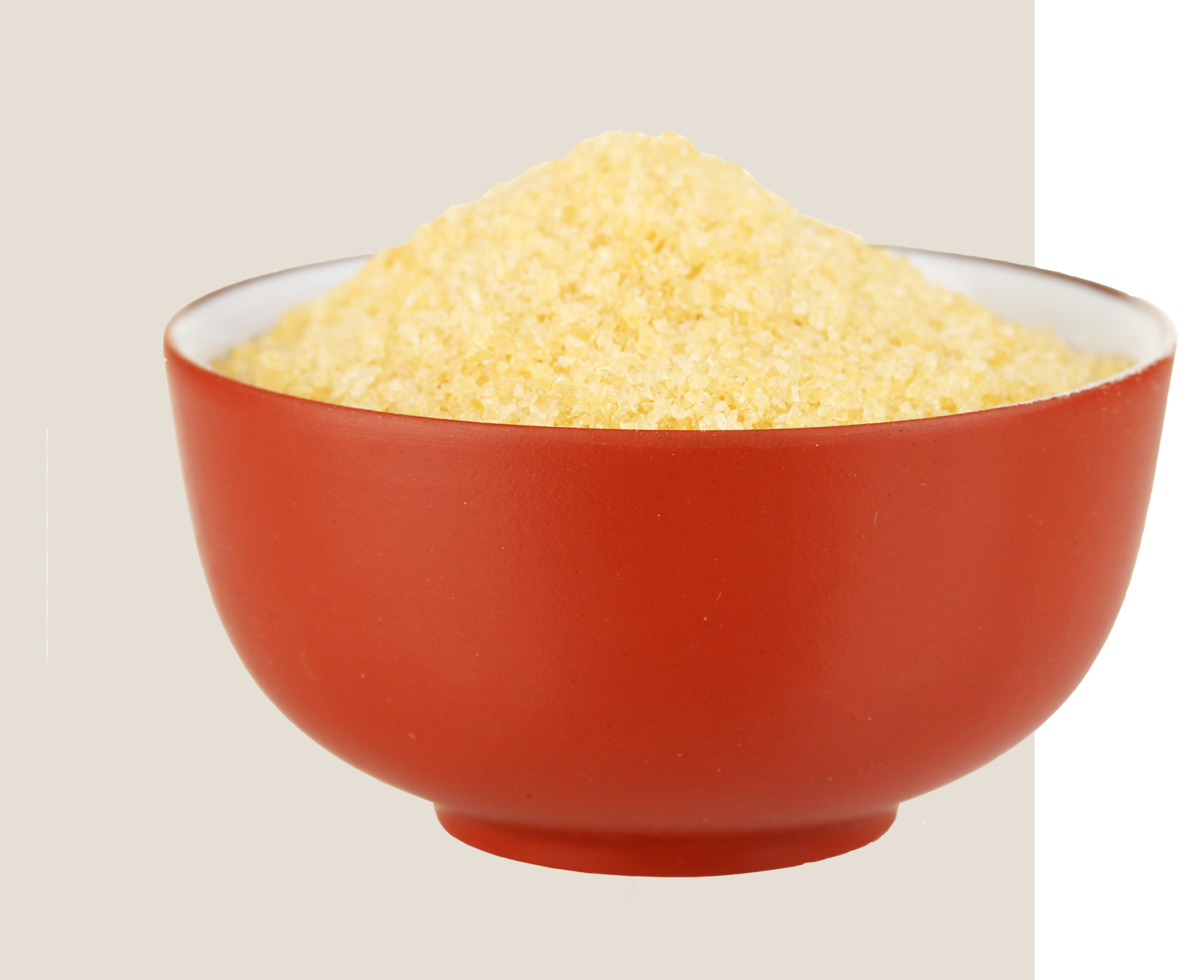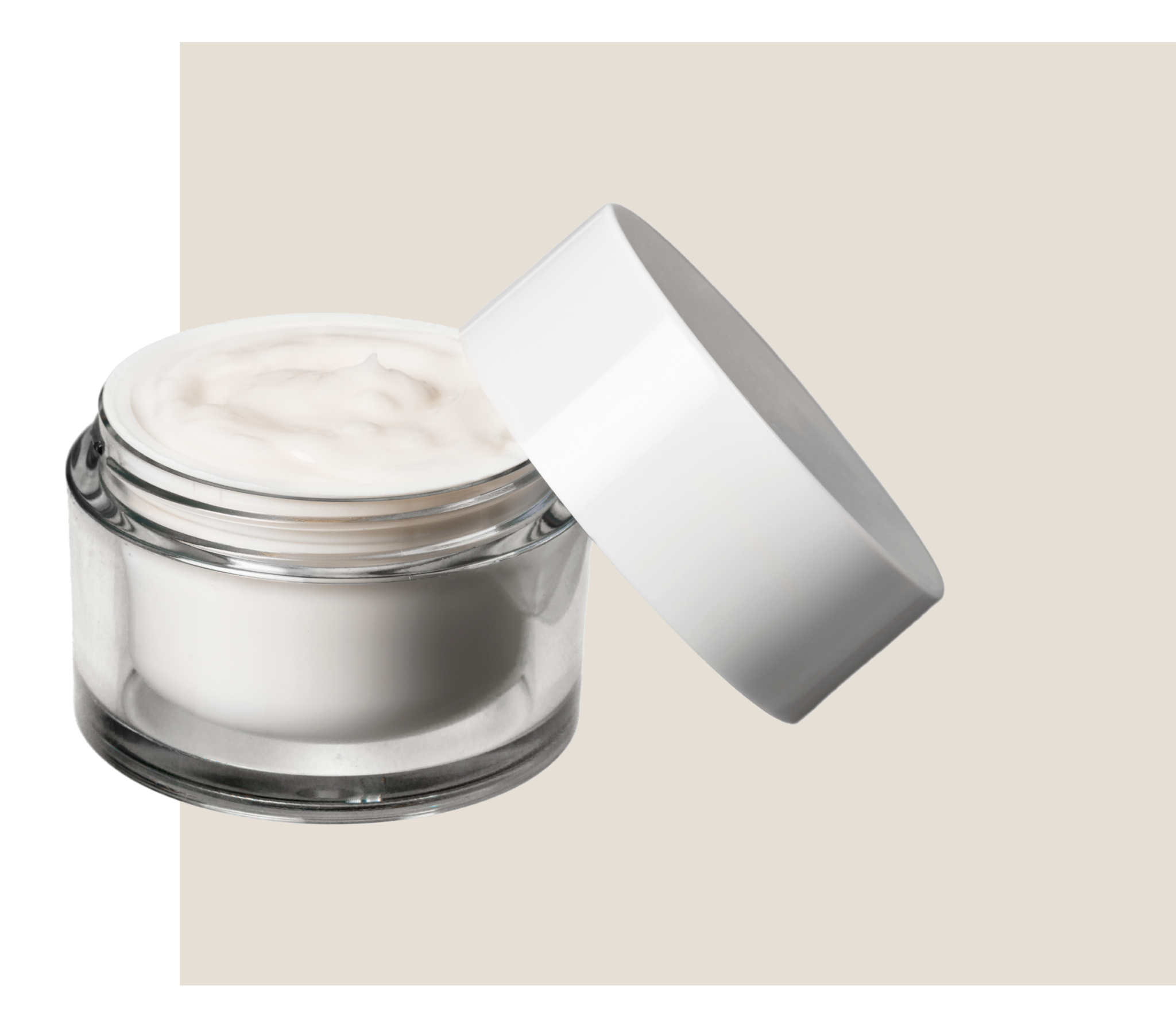Pharmaceutical gelatin
Gelatin is a key polymer in the pharmaceutical industry. It is the basic material for the production of capsules, which are now one of the most popular forms of oral medications. The natural properties of pharmaceutical gelatin make the capsules created with it safe and neutral to the body, as well as resistant to moisture and external agents.

What is pharmaceutical gelatin?
Pharmaceutical gelatin is a natural ingredient of animal origin, mainly used in the production of medicine covers in capsule form.
It is a polymer that is safe and very well tolerated by the human body, with almost no allergenic properties. Due to its excellent solubility, pharmaceutical gelatin readily releases active substances in the stomach, allowing rapid therapeutic effect of the medicine taken.
Uniqueness of pharmaceutical gelatin
Pharmaceutical gelatin is a unique ingredient in capsules, providing protection of active substances from light, oxygen and microorganisms.
It comes in a variety of viscosity levels, allowing it to be flexibly adapted to production requirements. In addition, pharmaceutical gelatin is resistant to a wide pH range, making it stable and effective without the use of additional stabilizers, further increasing its value in the pharmaceutical industry.

Why is pharmaceutical gelatin so valued?
Pharmaceutical gelatin has earned its sterling reputation for good reason. It is valued primarily for the convenience it offers patients, as well as its versatility. This is because gelatin capsules are easy to swallow, as well as tasteless and odor-free, making them ideal for those struggling to take oral medications. Thanks to their rapid dissolution in the body, they also provide an efficient release of active substances, allowing medications to work faster.

Hard gelatin capsules
Hard gelatin capsules consist of two cylindrical parts: a lid and a body, which snap together tightly when joined.
They contain pharmaceutical gelatin, water, and various excipients, such as glycerol, which give the capsules their strength and flexibility. Once ingested, they dissolve in the stomach, and their contents are released within minutes, allowing the active ingredients to act quickly and effectively.
Soft gelatin capsules
Soft gelatin capsules are one-piece, with a flexible soft shell that provides excellent seal and strength.
In addition to pharmaceutical gelatin, they contain plasticizers that give them the right flexibility. Soft gelatin capsules are created for storing liquid or semi-solid substances, such as oils, extracts or vitamins. In addition, their ability to dissolve quickly in the stomach allows for almost immediate release of ingredients.

How are soft gelatin capsules made?
The production of soft capsules begins with the creation of a gelatin mass, to which suitable ingredients are added to help achieve the desired flexibility and consistent structure of the envelope. In parallel, the filling – the active substance in liquid or semi-liquid form – is prepared. Under precisely controlled conditions, the gelatinous mass is molded around the filling, forming a one-piece, sealed solid. The capsules then undergo a drying process in special tunnels to be polished at the end – this action allows for a smooth surface and an aesthetically pleasing appearance of the final product.
In addition to being a key ingredient in capsules, pharmaceutical gelatin is also used as a stabilizer and emulsifier in various emulsions and as a gelling agent in suspensions and ointments. Recently, it has also gained use in 3D printing to create complex layered structures, opening up new possibilities in tissue engineering. Thanks to its versatility, it is considered an innovative and multifunctional ingredient in medical devices to support healing and regeneration processes.
Gelatin capsules must meet high GMP (Good Manufacturing Practice) quality standards and ISO standards, ensuring the safety and effectiveness of the product. These requirements cover the entire production process – from the verification of the quality of raw materials to the final packaging stage – which ensures that the resulting capsules maintain stability, strength and compliance with microbiological specifications. Importantly, their solubility is also tested before they are put on the market, as this helps determine the rate at which the contents of the medicine are released in the stomach.
Pharmaceutical gelatin is distinguished by its versatility and natural origin, making it a valued ingredient in the production of medicines. Extracted from collagen contained in animal tissues, it is biologically inert and well tolerated by the body, minimizing the risk of allergic reactions. Its unique gelling properties allow the formation of durable capsules that effectively protect active substances from moisture and oxygen. Gelatin dissolves quickly at body temperature, allowing for effective medication release. In addition, by meeting high standards (GMP, ISO), pharmaceutical gelatin guarantees the safety, purity and stability of products throughout their shelf life.
Gelatin capsules, both soft and hard, are not vegan. They are made from pharmaceutical gelatin – a substance of animal origin, obtained mainly from collagen contained in pork and beef skin and bones. Those on a vegan diet should choose capsules made from alternative ingredients, such as hypromellose (HPMC) or pullulan. These substitutes offer similar gelling properties, but are entirely plant-based.
Gelatin capsules are designed to dissolve quickly in the moist environment of the digestive tract. Once ingested, the capsule begins to absorb water, leading to softening and breakdown. Under typical stomach conditions, this process takes 10 to 20 minutes, depending on the thickness of the capsule’s casing and formulation. Dissolution time can also be affected by the body’s pH and temperature, as well as the composition of the medication or dietary supplement ingested.



